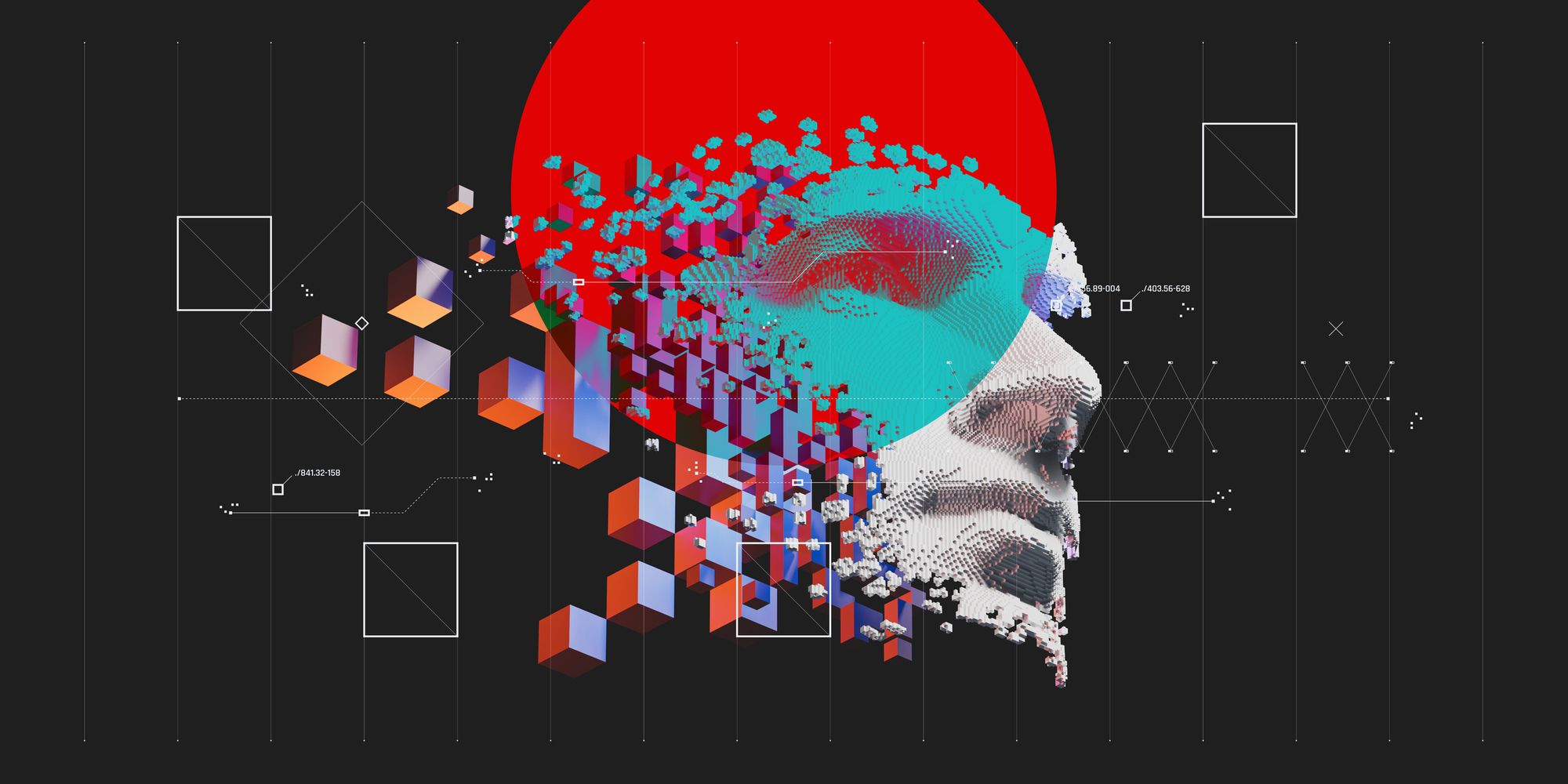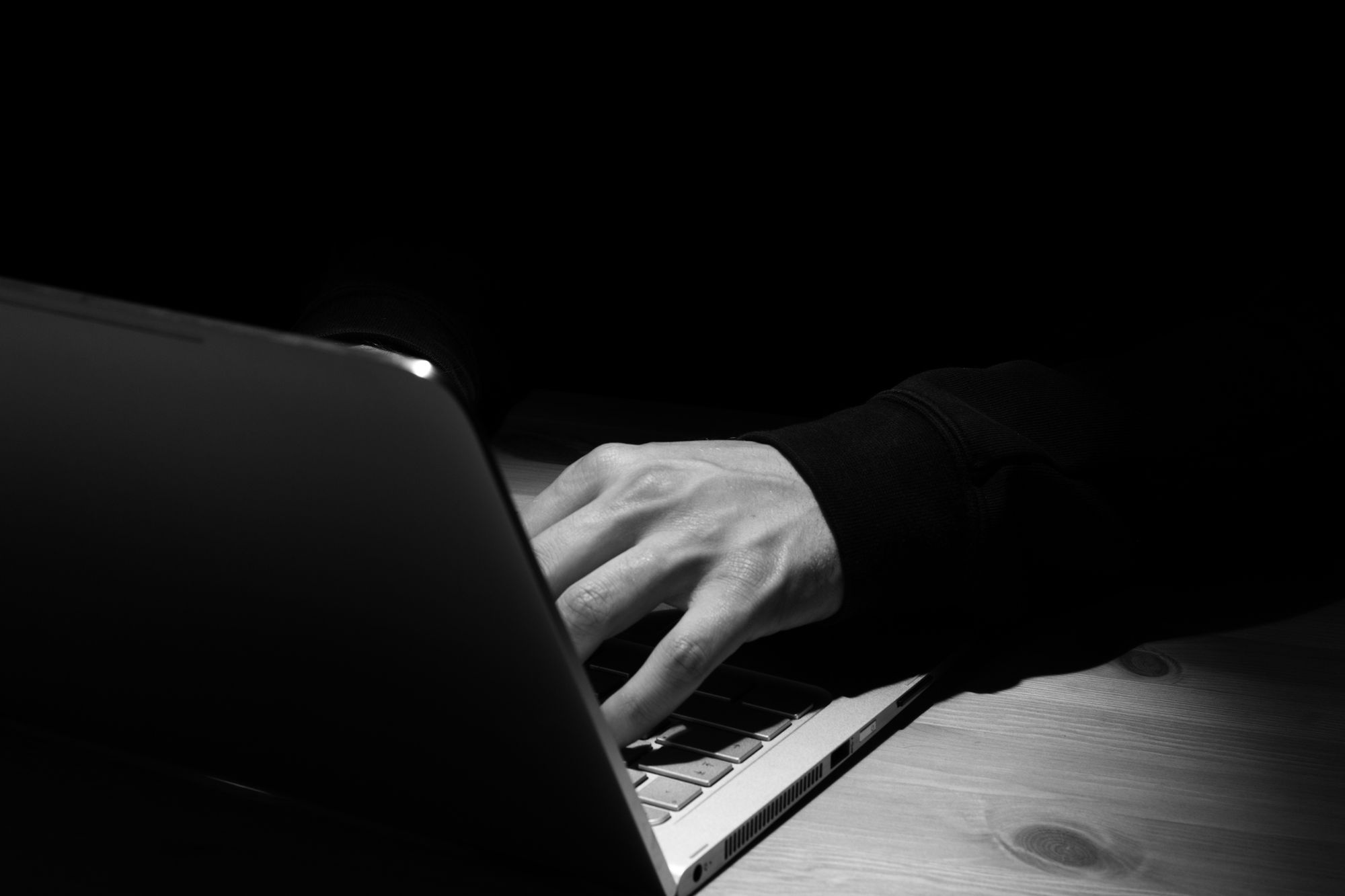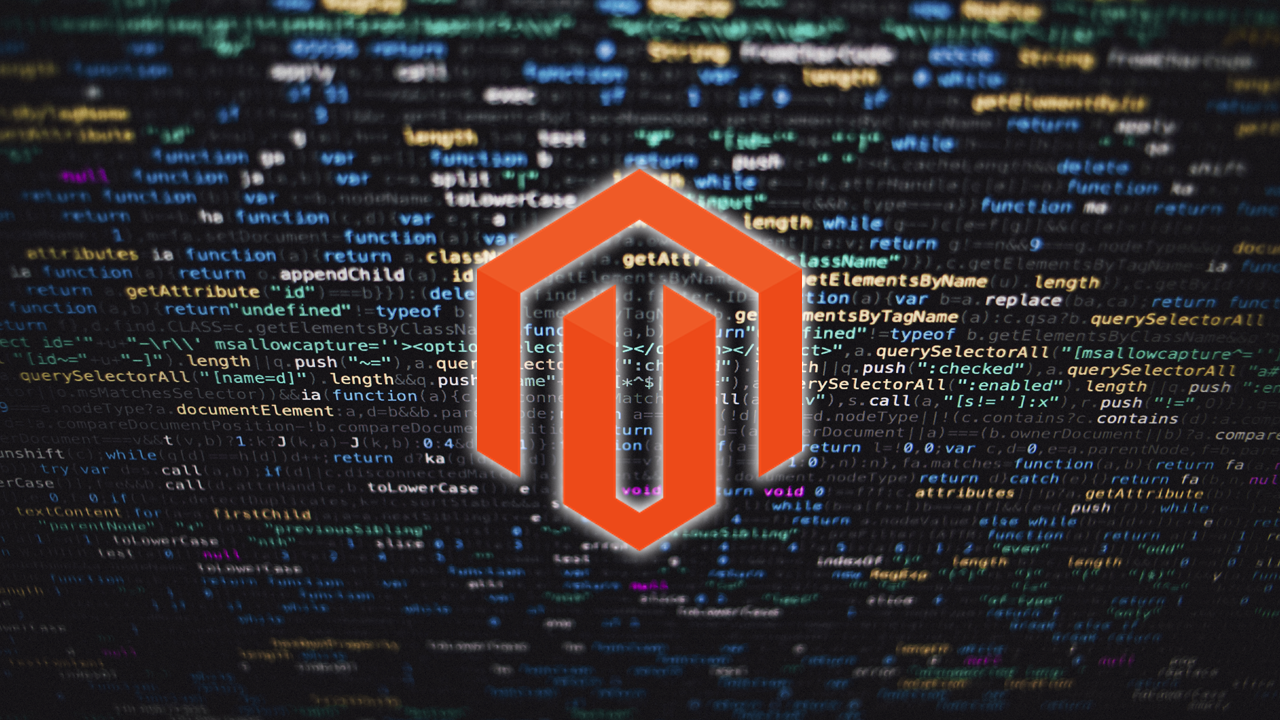The British Court of Appeal is questioning the legality of facial recognition technology installed in 18 stores in the supermarket franchise, Southern Co-op (The Co-operative Food) in the United Kingdom.
According to Wired, it is believed that other regional cooperative franchises, in addition to other private initiatives, are also testing facial recognition systems, which generated public concern about individual privacy.
The technology was installed in Southern Co-op stores in order to reduce theft and disrespect against stores and their employees. However, the use of part of this technology was considered illegal by the court in August this year.
Local authorities question whether the use of this technology by the private sector complies with the General Data Protection Regulation (GDPR) and are also concerned about the police’s ability to access this data.
How it works
Every time someone enters one of the chain’s stores, surveillance cameras read their faces. This information is checked in a kind of “crime database” to find out if someone inside the store has a criminal history or “anti-social” behavior. If the system identifies a suspect, store employees receive notification on the smartphone.
Southern Co-op’s 18 franchises are equipped with facial recognition technology developed by London startup Facewatch. The system was tested for 18 months before being installed, but although there is a sign that stores are collecting and analyzing their customers’ facial information, no public notice was given.
Gareth Lewis, Southern Co-op’s loss prevention leader explains on the Facewatch blog, that the “system alerts teams immediately when someone enters your store with a history of theft or anti-social behavior”.
Controversy
This is not the first time that Facewatch’s technology has been questioned. In August of this year, the startup appeared in a report by IPVM, an independent group of experts in artificial intelligence systems with surveillance cameras.
“Even though GDPR strictly regulates biometrics, a UK company called Facewatch it is selling anti-theft facial recognition systems to hundreds of retailers. Facewatch still maintains a database of suspects, only deleting profiles after two years, if you are never seen stealing again, ”they write.
The UK’s leading privacy and data regulator, the Information Commissioner’s Office (ICO), says companies should have clear evidence that there is a legal basis for using these systems. The agency reports that it is already investigating other companies that are using similar systems.
“Public support for the police to use facial recognition to catch criminals is high, but not so much when it comes to private sector operating technology in an almost police capacity… The investigation includes assessing the compliance of a number of private companies that have used or are using facial recognition technology. Facewatch is also among the organizations investigated, ”says an ICO spokesman.
Brazil
In Brazil, the police have used facial recognition technology to identify criminals for a long time. Since March 2019, several people have been arrested and identified by facial recognition systems.
However, there is also an increase in the use of technology by the private sector. The airport of Salvador debuts today (14) the tests of the project of the federal government to install cameras with artificial intelligence for facial recognition of possible criminals. In addition to the airport, the technology is already used in several banks and other private companies.
Sources: Wired; BBC; Facewatch; BTI, In the afternoon.
See the original post at: https://thehack.com.br/tribunal-britanico-investiga-supermercado-por-uso-de-reconhecimento-facial/?rand=48873























